SUMMARY
This is AI generated summarization, which may have errors. For context, always refer to the full article.
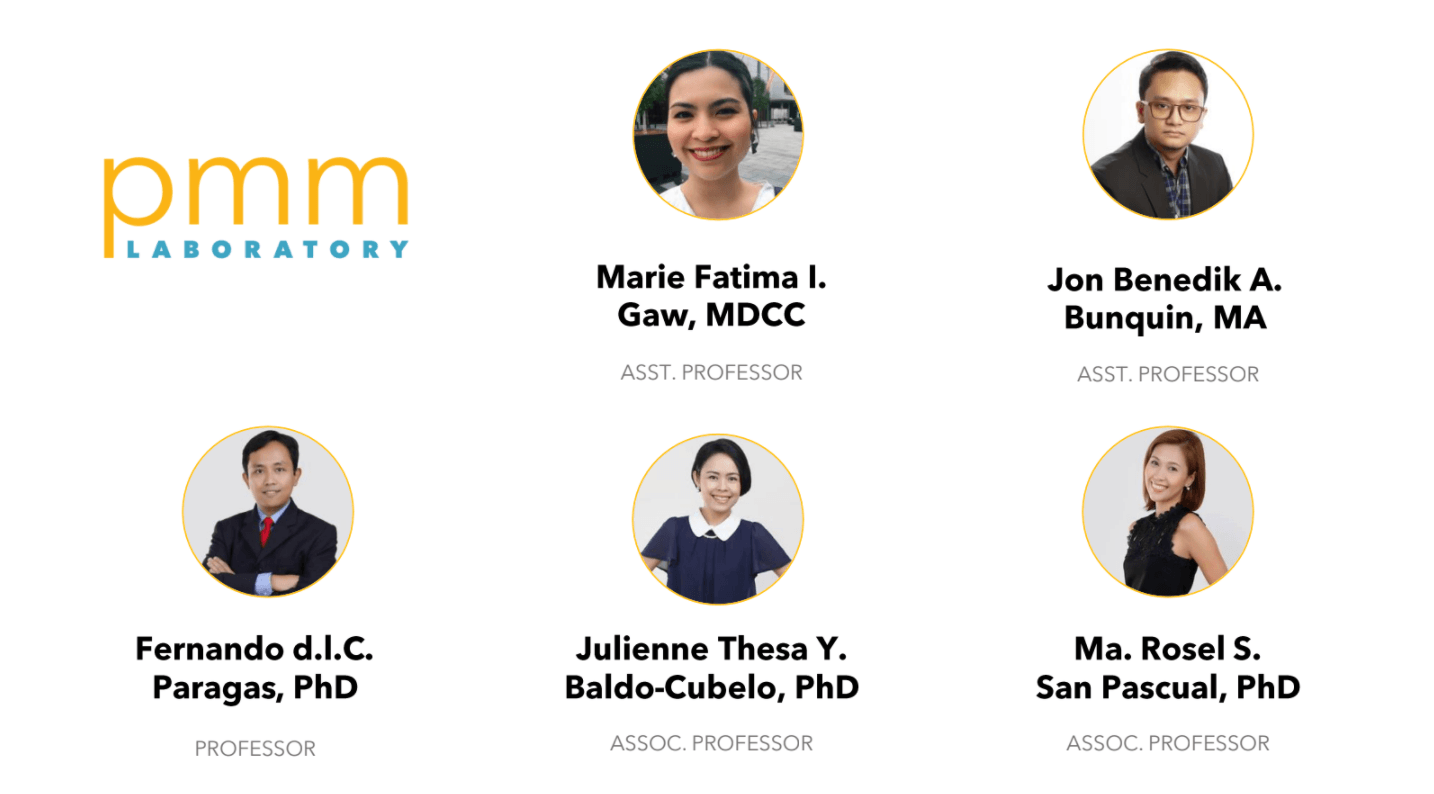
Researchers from the University of the Philippines Diliman (UPD) Department of Communication Research launched the Digital Public Pulse project, which aimed to investigate networks of actors, issues, and practices relevant to the 2022 Philippine national elections.
The project is led by the Philippine Media Monitoring (PMM) Laboratory, a consortium of researchers working in communication, political science, and data science.
Project co-leads Marie Fatima Gaw and Jon Benedik Bunquin, assistant professors at the UP College of Mass Communication Department of Communication Research, discussed the objectives and methods of the research project in a Zoom media launch on Wednesday, October 27.
Gaw said that given critical changes like the heavy reliance on media for political information amid the pandemic, the surge in digital media use, and its intensified use as a breeding ground for disinformation and propaganda, the 2022 elections will be unlike any election in the past.
Through this project, the research group aimed to produce perspectives and recommendations for the government, civil society, media, platforms, and voters.
“Our ultimate goal here is not just for the research to be a picture of the elections as it is talked about online, rather we want to produce insights that can be acted upon by key decision-makers and insights that can also guide individual voters,” Bunquin said.
The group will examine users and their relationships through network analysis, conduct content analysis on public posts, and then conduct discourse analysis on users’ online practices in producing and sharing election-related content.
“We seek to examine the narratives and strategies of people that they use in the conversations online to be heard in political conversations, to gain political influence, and to be visible and prominent in the political space of social media,” Gaw said.
The project will also distinguish between viral or trending political topics and those that are circulated and actively discussed in smaller circles. “We want to highlight those often marginalized issues as well,” Gaw said.
The PMM targets to release its first report on election and the Philippine digital public sphere by December 2021. Its next report would be out by March 2022, covering election issues and online political cultures in the country. Its final report slated for July 2022 will be a full-year analysis of the online sphere in the 2022 Philippine elections.
In the meantime, the PMM would also release preliminary findings through regular infographics on Facebook and Instagram
The DPP core team is also composed of Fernando Paragas, Julienne Baldo-Cubelo, and Ma. Rosel San Pascual, faculty members of the UPD Department of Communication Research. They are also collaborating with UP Manila associate professor Geoffrey Solano and UPD associate professor Jalton Taguibao, and are partnering with Rappler for the project’s Facebook component. – Rappler.com
Add a comment
How does this make you feel?

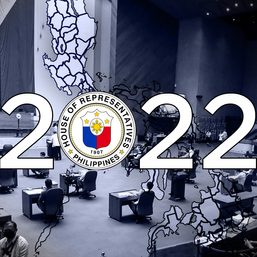
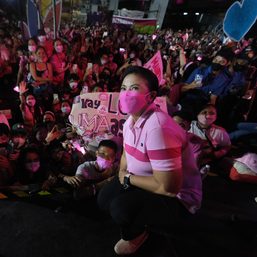








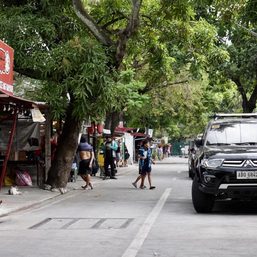
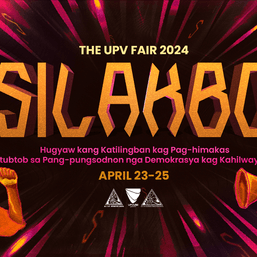
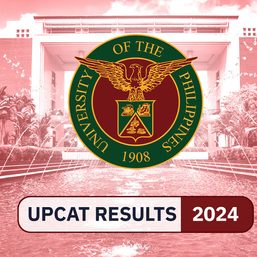
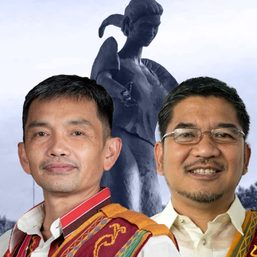

There are no comments yet. Add your comment to start the conversation.